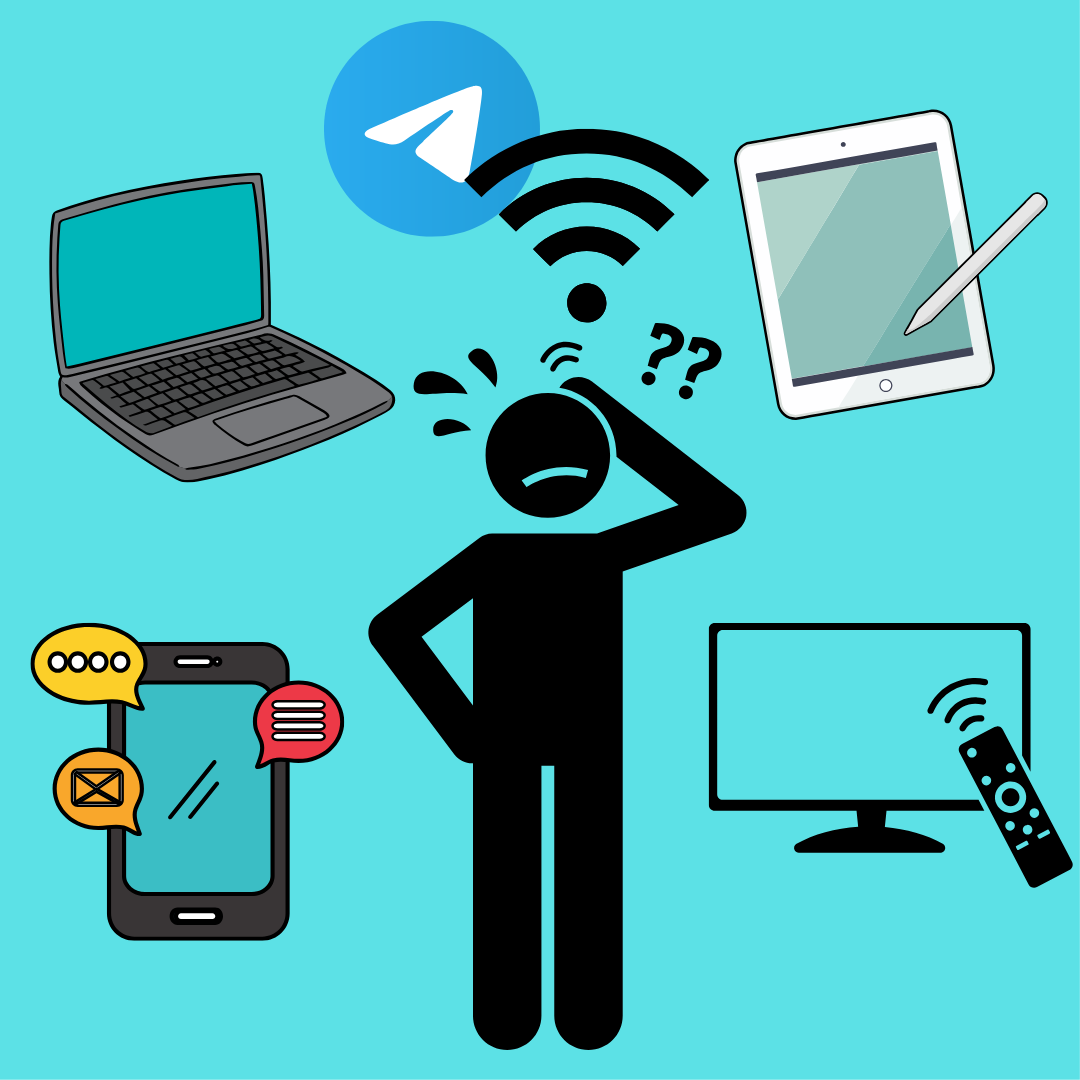Walking around on campus, there are so many people with their eyes glued to their phone screens. From the dorm room to class and onto the next class, we can’t put down our phones. Even in the simplest of moments, we need our phones in front of us or even just in our hands. It’s a default we have all become accustomed to. We have all become comfortable with having our phones as a consistent distraction during boring moments. From a broader perspective, this habit is only hurting us because we need boredom.
According to Arthur Brooks from the Harvard Business Review, “You need to be bored. You will have less meaning and you will be more depressed if you never are bored.” Brooks discusses how we constantly crave the distraction of our phones because, with all of the technology around us, we don’t know how to operate without it. Putting down the phone is the most beneficial action we can take. If you want a better connection with yourself, you must be bored. Brooks continues, “If every time you’re slightly bored [you] pull out your phone, it’s going to get harder and harder for you to find meaning, and that’s the recipe for depression and anxiety…” Learning to sit in boredom without reaching for a screen is not just an act of discipline — it’s a necessary practice for emotional clarity and long-term mental wellness.
Research from the University of Virginia even found that many people would rather administer mild electric shocks to themselves than sit alone with their thoughts, highlighting just how uncomfortable stillness has become in a hyper-connected world. Yet, embracing that discomfort is where growth, clarity and authentic self-connection begins.
The biggest form of self love and preservation is being OK with being bored and alone with ourselves once our phones are put away. It’s in that stillness that we reconnect with our thoughts, rediscover our values and remember who we are without distraction.



















































